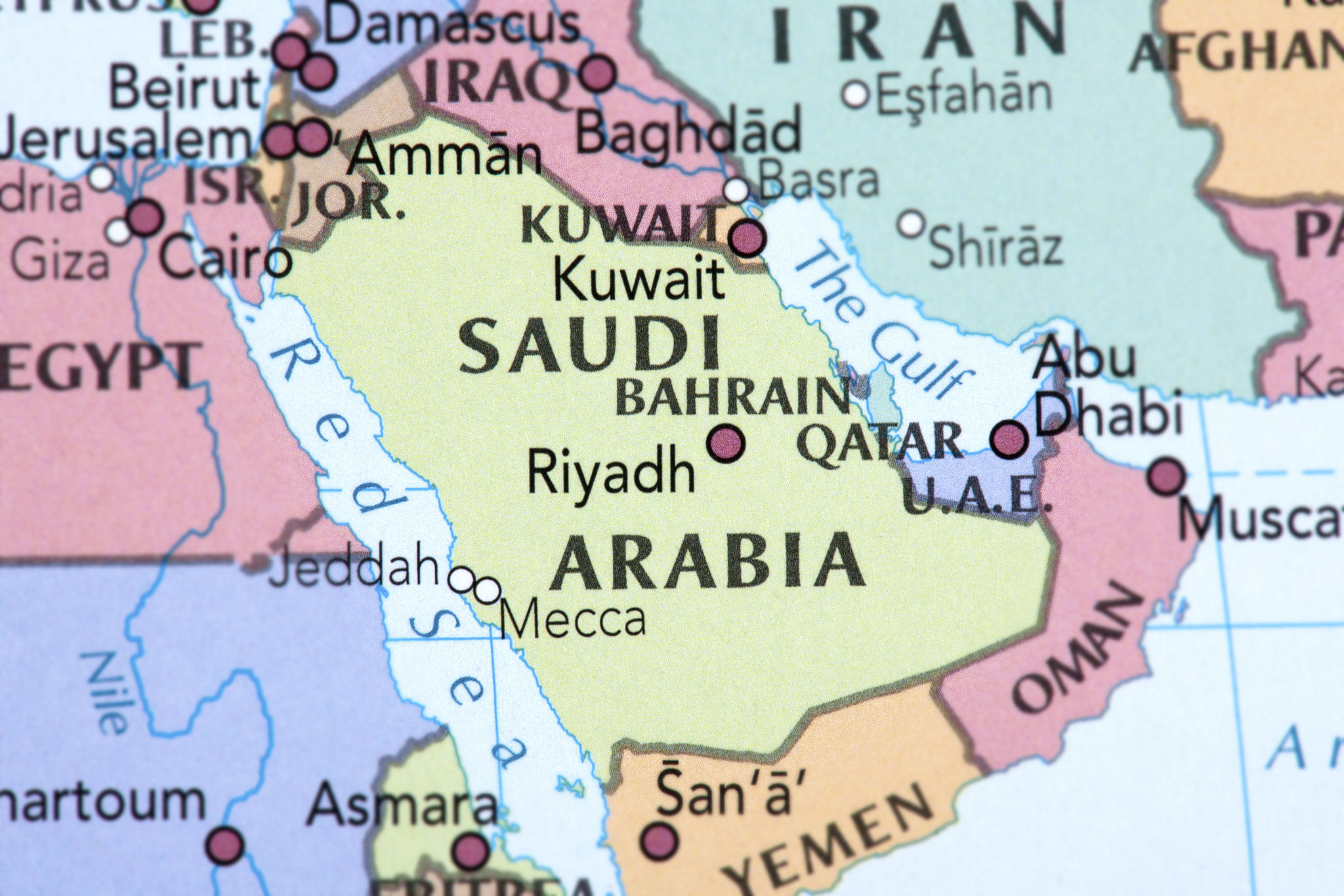Understanding Local Regulations for Short-Term Rentals in Makkah Province
Understanding Short-Term Rental Regulations in Makkah Province
The rise of short-term rentals has transformed the tourism landscape globally, and Makkah Province is no exception. For property owners and investors looking to capitalize on this trend, understanding the local regulations governing short-term rentals is crucial. These regulations ensure not only the safety and comfort of guests but also the harmonious coexistence of rentals within residential communities.

Licensing and Permits
In Makkah Province, property owners must obtain the necessary licenses and permits before listing their properties as short-term rentals. This process involves registering with local authorities and adhering to specific guidelines set by the Saudi Commission for Tourism and National Heritage. Ensuring compliance with these regulations is vital for avoiding legal complications and potential fines.
Obtaining a permit typically involves providing documentation that confirms property ownership, proof of safety measures such as smoke detectors and fire extinguishers, and adherence to hygiene standards. Additionally, property owners may be required to pay a registration fee.
Zoning Laws and Restrictions
Zoning laws in Makkah Province are another critical aspect to consider. These laws dictate where short-term rentals can operate and are designed to maintain the character and tranquility of residential neighborhoods. Property owners should verify that their rental property is located in an area zoned for such use. Violating zoning laws can lead to hefty fines or even the closure of the rental operation.

Taxation Policies
Understanding the taxation policies related to short-term rentals is essential for property owners in Makkah Province. The Saudi government requires hosts to pay taxes on income generated from short-term rentals. This includes value-added tax (VAT) and potentially other local levies. Keeping accurate records of all transactions and staying informed about tax obligations can help hosts manage their finances effectively.
Guest Safety and Security
Guest safety is a top priority for short-term rental properties in Makkah Province. Hosts must ensure that their properties meet all safety standards, including having functional smoke detectors, fire extinguishers, and secure locks on doors and windows. Providing guests with clear instructions on emergency procedures can enhance their sense of security during their stay.

Community Relations
Maintaining good relations with neighbors is beneficial for both hosts and guests. Short-term rental operators should be mindful of noise levels, parking arrangements, and other aspects that might impact local residents. Establishing clear house rules and communicating them to guests can help minimize potential disruptions and foster positive community relations.
In conclusion, navigating the local regulations for short-term rentals in Makkah Province requires diligence and a commitment to compliance. By understanding licensing requirements, zoning laws, taxation policies, and emphasizing guest safety, property owners can successfully operate within this dynamic market while contributing positively to their communities.
